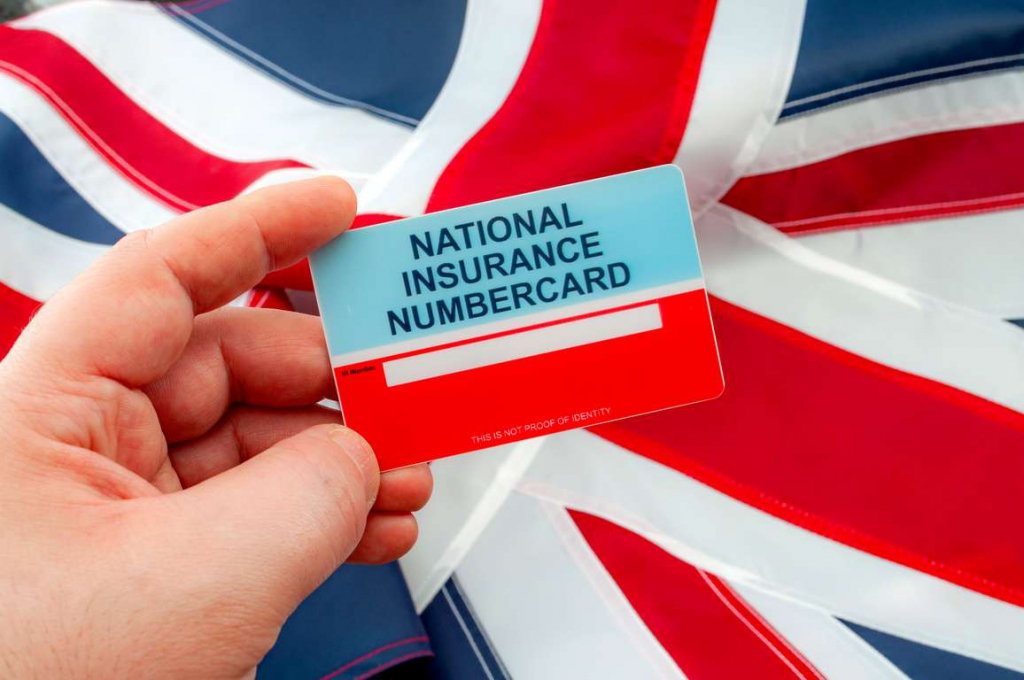Unfortunately not everyone who claims benefits is honest. Last year, miscalculated and fraudulent benefit claims cost the UK government over £3.4 billion. Over the last ten years, the amount of cases processed for benefit fraud has increased considerably. Falsely claiming benefits prevents people who genuinely need help from getting the financial assistance they need. Here is a guide to the most common types of benefit fraud prevalent in our society, according to the Department of Work and Pensions (DWP).

Housing and Unemployment Fraud
- Single mothers who continue to claim benefit when they are cohabiting with a partner.
- Claiming unemployment benefit while working ‘cash in hand’.
- Continuing to claim benefits after receiving an inheritance.
- Continuing to claim benefits once your children have left home.
- Moving abroad or to another address without notifying the DWP.
Disability Fraud
In 2014, a third of benefit frauds were false claims for a disability allowance. Probably the most common of these is the misuse of the blue badge.
A blue badge permits disabled drivers and passengers to park in specifically designated parking spaces that allow them to get as near to their destination as possible. The cases of blue badge fraud have doubled over the last 3 years. The most common cases are using a dead relative’s pass and leaving the disabled pass holder at home, then using their pass.
Many feign a medical disorder to falsely claim disability allowance. Examples include, a sight impaired man seen driving a car, a wheelchair bound woman performing 2 cleaning jobs and a marathon runner claiming disability benefits.
Many fraudsters are temporarily impaired and have just carried on claiming long after they have recovered.
If you suspect someone of committing fraud call Insight Investigations today. We offer a range of services including surveillance work and evidence gathering.
Find out the truth today – arrange a confidential consultation.


